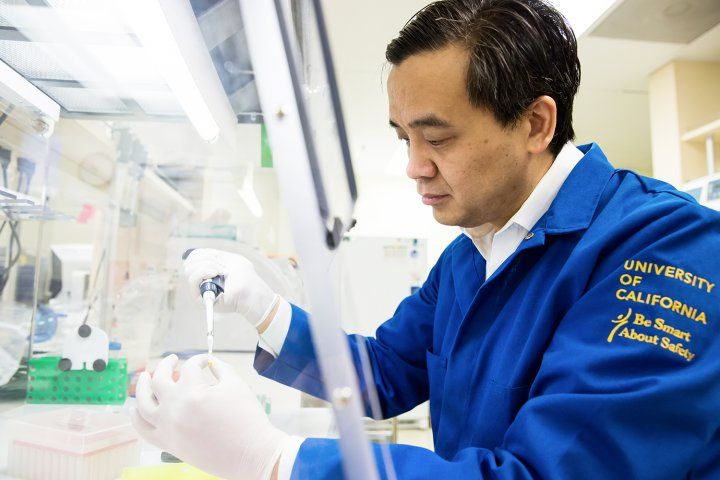Note: Charles Chiu, MD, PhD, senior author, is a 2014 UC CAI NHLBI Award recipient. The UC CAI program at UCSF is administered and project managed through CTSI's Catalyst program. His project that received UC CAI funding was a rapid unbiased assay for detection of pneumonia - this technique of unbiased next generation sequencing has been used for his other research mentioned in the article.
‘Metagenomic’ Test for Neurological Infections Has Real Clinical Benefit, Says New Study
by Laura Kurtzman via UCSF.edu
In an analysis of the real-world impact of a pioneering test called metagenomic next-generation sequencing (mNGS), developed by UC San Francisco scientists to diagnose patients with mysterious inflammatory neurological conditions, the technique was shown to identify infections better than any standard clinical method.

“The infectious cause of half the cases of meningitis and encephalitis go undiagnosed in hospitals around the country, and these severely ill patients are in dire need of a better testing tool”, said Charles Chiu, MD, PhD, professor of laboratory medicine and medicine at UCSF and senior author of the new study. Unlike conventional testing, which is often driven by doctors’ hunches, the mNGS test offers an unbiased approach that can detect nearly all possible pathogens – bacteria, viruses, fungi and parasites – present in patients’ spinal fluid, giving doctors clear direction for treatment.
The study, published June 13, 2019, in the New England Journal of Medicine, was set up to enroll only the most challenging cases. To qualify, a patient had to be hospitalized with an acute neurological illness with no conclusive diagnosis. The study included 204 pediatric and adult patients, mostly from California, who had meningitis (inflammation of the lining surrounding the brain), encephalitis (inflammation of the brain itself) or myelitis (inflammation of the spinal cord).
Read the full story here
